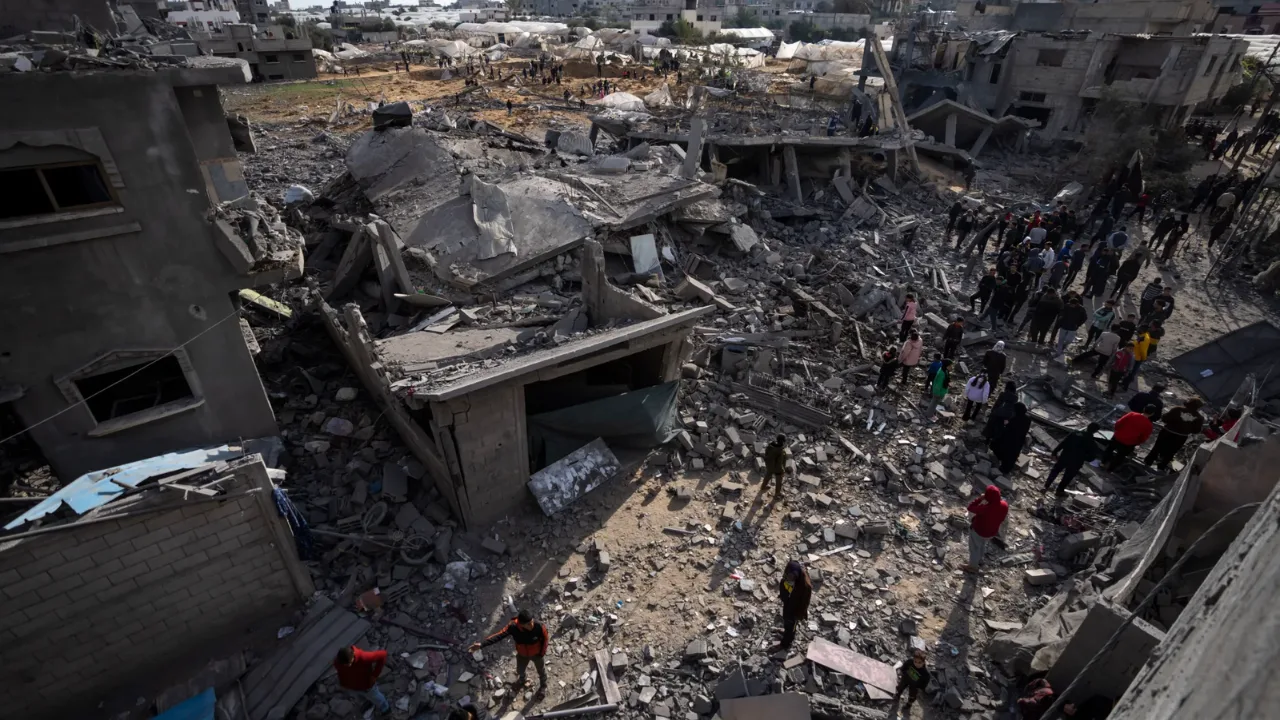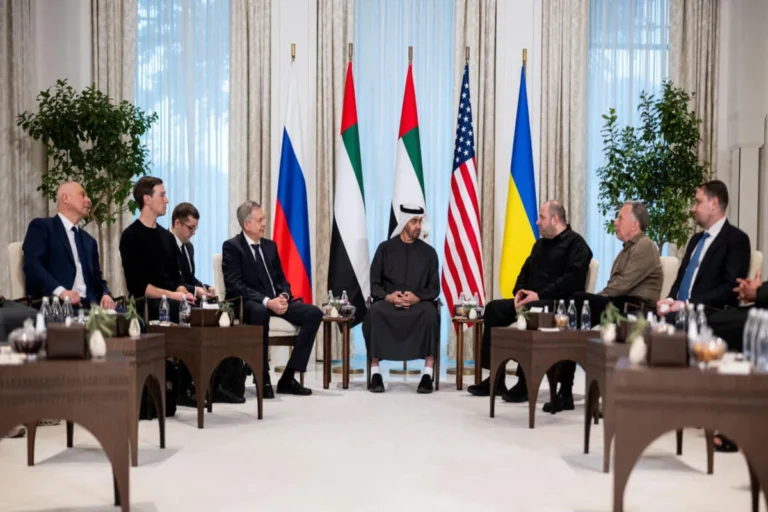September 10, 2025 | Dubai, UAE: Several residential buildings in downtown Doha on Israel attack on Qatar were among the targets hit by the Israeli airstrikes. The operation that was led by Israel in the first place to assassinate top Hamas leaders has resulted in considerable destruction but has not met the expectations. Everywhere, the reaction of the people is remarkably similar as the outrage rises to its peak. On one hand, voices of reason and politicians throw their weight behind peace initiatives condemning the attack; on the other, humanitarian organizations send a warning that the night violence will deepen the humanitarian crisis not only in Gaza but the entire region.
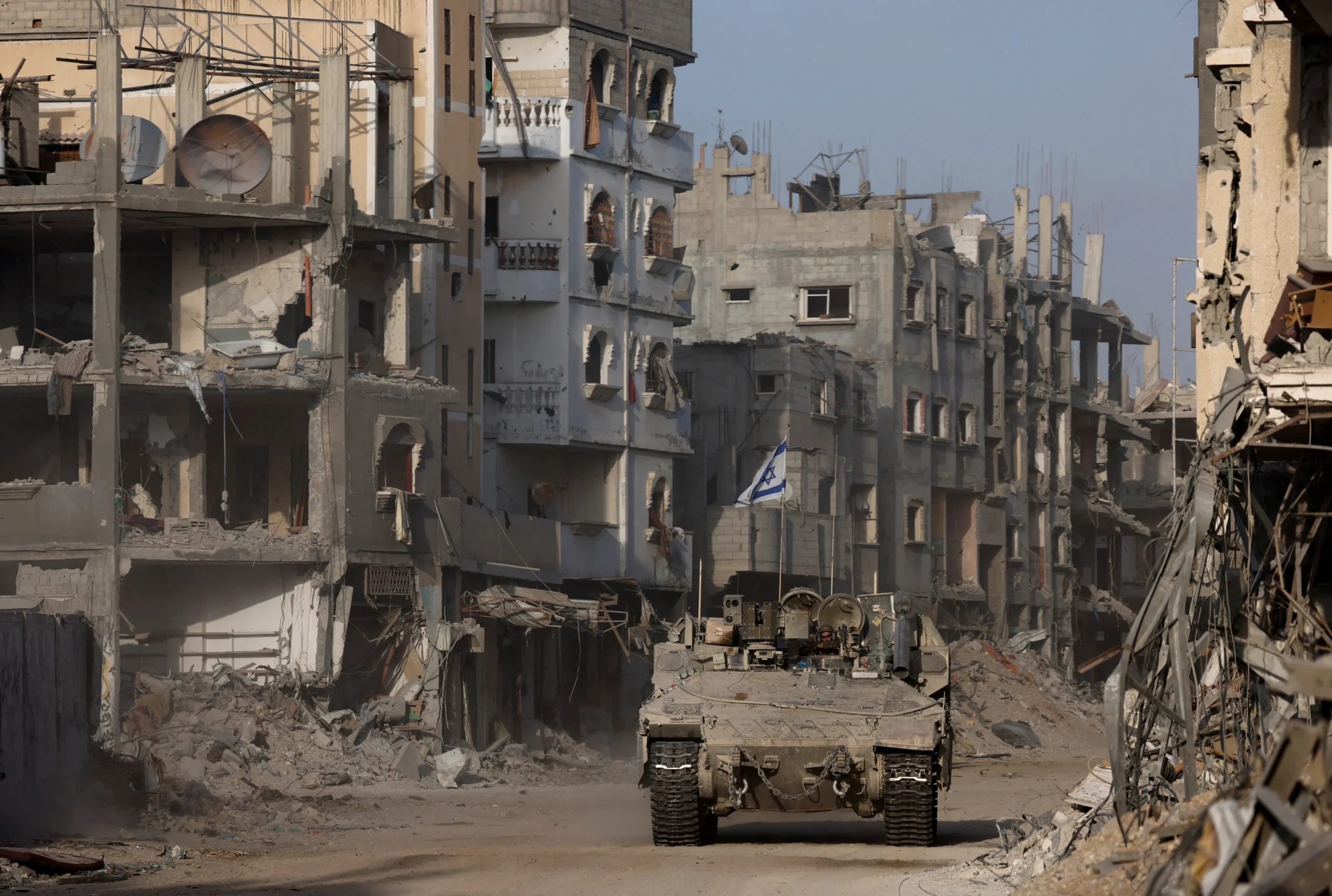
In the wake of the attack, Prime Minister Benjamin Netanyahu has neither explained the reasons nor the results of the operation, waved off with silence. In their comments, analysts of Israel’s leadership team say the ruling clique is conspicuous in its choice to favor a strong military image instead of providing strategic clarity, hence furthering the loss of Israel’s credibility worldwide.
Political Repercussions of the Israel Attack on Qatar
Without time to sober up, the Israel Attack on Qatar shot counterclaims from political commentators who not only disbelieved the motive but also the way the whole thing was handled. According to Ori Goldberg, Israel-based analyst, Netanyahu seemed to him as if he actually did not care whether somebody would hold him accountable; instead of that, he enjoyed the portrayal of the fighter jets flying their dramatic mission over the target without giving any detailed explanation.
Having to ruminate over several next-dawn shortfalls in the offensive of achieving the obliteration of maskir’s (Hamas: the secretaries of the supreme leader, the Israelis nickname it) head, Goldberg further accentuates that the onset just lays the ground for conspiracy theories of Israel’s future strategy.
Adding to the ruckus in the aftermath, the attack also happened at a moment when Iran was signing a new pact with the International Atomic Energy Agency (IAEA) that marked a diplomatic thaw with the global powers. This scenario showed the world that Israel was left alone among its allies facing the choice of going onto the opposite track – carrying out military operations instead of engaging politically.
The Washington reaction to the Israel Attack on Qatar was not very favorable. Referring to the incident, Adam Weinstein from the Quincy Institute made the comment that the Trump administration was “trying to have its cake and eat it too,” as it took a dual stance by criticizing the strike while also backing the Israeli security goals. He suggested that by attacking the city where talks for a ceasefire were being held not only the US was losing its ability to be trusted but also other chances for peace in the future.
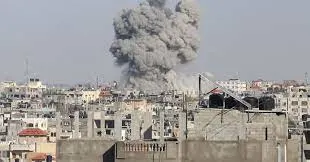
This event of Israel attack on Qatar showed a lack of trust in the US that the Gulf states were only too anxious to exploit. The regional leaders conjectured that if Washington was not adept at reining in its closest ally and thereby soiling its own hand in this affair, just how believable could American assurances be in times of crisis?
Humanitarian Fallout and Regional Escalation
The situation with the Israel Attack on Qatar not only worsened the Palestinians’ predicament on the political front but also exacerbated the dire humanitarian situation. The population of Gaza described the scenes after the new Israeli bombings in Sheikh Radwan as “apocalyptic” wherein one person met death and several got injured. At the same time, the IDF issued orders for evacuation of the entire Gaza City residents, basically, pushing people out of their homes and requiring families to run away with only minimum necessities.
The displaced told of their suffering while on the move. Hazem Abu Reyash described his and his wife’s being forced to sleep on the street while another one, Mohammad Ashraf put it like this, “It’s not that there’s a house, a tent, water, or food for the people.” Transport was not affordable for many and some had paid huge amounts just to end up with nowhere safe to go further south.
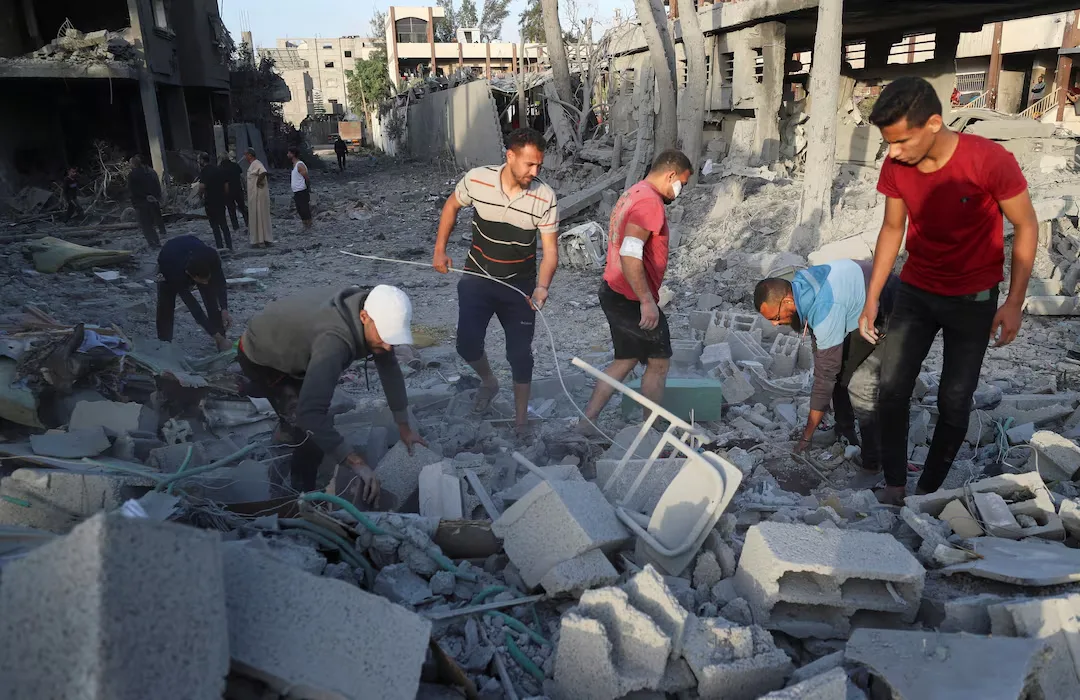
On the other hand, in the West Bank which is under the control of the Israelis, demolitions of homes carried out by the Israeli forces have skyrocketed with the intention to expand the frustration and hopelessness of the Palestinians. Several houses have been destroyed in Kafr Abbush, Tubas, and Jenin, most of which belonged to the families of the prisoners or suspects already killed. Human rights observers report that these demolitions combined with the Israel Attack on Qatar are indicative of a pattern of collective punishment that perpetuates the conflict instead of solving it.
The world responded quickly to the assault. The diplomatic missions in Europe, Asia, and the Middle East condemned the Israel Attack on Qatar as a dangerous move that could destroy the already fragile peace process. Aid groups called for a halt, drawing attention to the deteriorating humanitarian situation which was the main cause of the unrest.
The Israel Attack on Qatar has become a landmark in the chain of events leading to the instability of the Middle East. The operation has backfired, instead of achieving the targeted removal of Hamas leadership, it has increased the isolation of Israel politically, and the U.S. has lost part of its credibility besides causing new suffering to the Palestinian families who have been displaced. Relying on the support of global leaders is becoming increasingly difficult as their calls for a halt to the violence show that the attack raises more questions than providing answers regarding the Israeli strategy and the peace process in the Middle East.
Covert actions, such as the Israel Attack on Qatar, will be continuously perceived as signs of reckless escalation at the cost of diplomacy, stability, and human lives until such time accountability and clarity can be established.
Also Read: Nepal Social Media Ban: Why it Sparked a Youth Uprising?


